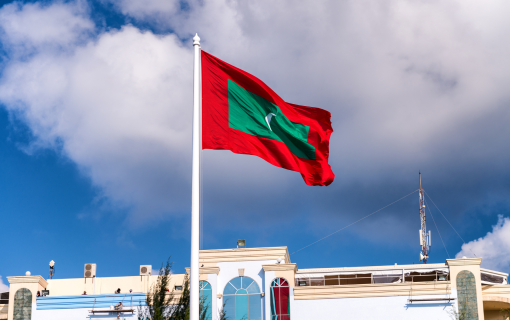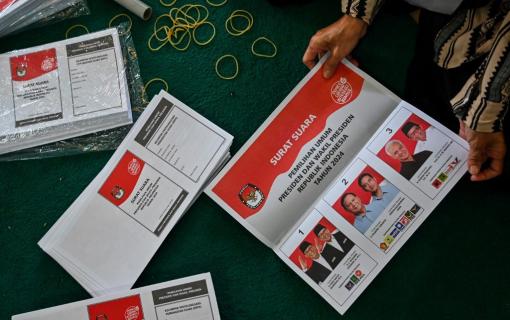IFES Indonesia: Electoral Survey 2010
The 2010 IFES survey in Indonesia shows that while Indonesians are firmly committed to democracy and value the influence that voting provides them, the election process in Indonesia still faces many challenges in providing effective means for participation in elections for voting-age adults in the country. For one, the survey highlights a continued lack of information on key aspects of the election process among most Indonesians. More than three-quarters of Indonesians say they don’t have much or any information on the local elections, and a majority say they need more information on key aspects of the election process such as registration, marking ballots, and where and when to vote. This lack of information is generally spread across society and dictates that electoral authorities devote critical attention to voter education and voter information efforts. The survey data also points out that those charged with developing voter education and information strategies should be cognizant of the differing preferences for information sources among key sub-groups in the population. While television is the primary source of information on socio-political developments in Indonesia, the survey data indicates that voter education and information efforts should rely on a mix of formal and informal sources of information to effectively reach key segments of Indonesian society.
Issues related to electoral reform are also critical for efforts related to effective electoral administration in the country. While Indonesians generally express confidence in electoral institutions in the country, the survey data highlights several issues related to the election process that should be addressed to ensure that electoral institutions continue to be viewed with confidence by Indonesians. The issue of political neutrality of election commission members and the possibility of political party members joining the KPU and lower-level commissions is an issue very much at the forefront of electoral reform discussion in Indonesia. Data from the survey indicates general support for limiting political influence on the KPU as exemplified by respondent support for a proposed measure to require a five-year wait period before resigning election commissioners can join political parties. The vast majority of Indonesians also believe that elections management should be led those who have expertise in these matters, and who are perceived as being impartial on political matters. Measures designed to systematize this impartiality should be pursued in electoral reform initiatives to ensure that the vast majority of Indonesians continue to believe that electoral institutions act with impartiality in the election process.
Clarity in electoral procedures should also be a priority for electoral authorities. The survey data shows that Indonesians generally lack knowledge on checking the voters register, and are confused as to the proper way to mark ballots. The fact that the procedures for marking ballots have changed from election to election, combined with a general lack of information on the election process, combine to make this issue one requiring focus from electoral authorities. IFES surveys in Indonesia have consistently shown a lack of knowledge among the majority of Indonesians on checking their registration status, and this continues to be an issue with the pemilukada.
One area of reform in the electoral system that enjoys popular support is the greater participation of women as candidates in political races in Indonesia. A firm plurality of Indonesians believes that the proportion of women in legislatures is too low, and a solid majority supports quotas to increase the number of women on party lists for legislative elections. There is also strong agreement with various arguments that have been used by proponents for greater number of female parliamentarians in Indonesia. The fact that women are significantly underrepresented in political offices and Indonesia’s obligations under international treaties are the two most influential arguments that influence opinions on the proportion of women in legislative bodies in the country. The IFES trend survey data shows that viewson gender and politics in Indonesia have become more progressive over time, and that sufficient concern exists to provide space for effective advocacy on this issue in Indonesia with both men and women.
Finally, the survey also points to several areas in the political process that may become a greater focus of advocacy efforts in the future. The majority of Indonesians prefer fewer, rather than greater, political parties in the legislative process because they perceive that this may lead to greater effectiveness in the legislative process. This impacts discussions of threshold limits in the electoral system and is likely to bring heated debate between large and small parties as this issue becomes more resonant in the public sphere. The majority of Indonesians also prefer voting directly for a candidate rather than voting for a party in legislative elections. This is an issue in which most political parties will have a clear interest (maintaining their influence through party list voting) that is opposed to the opinions of the majority of Indonesians, at least as measured through the survey.
A Constitutional Court’s decision prior to the 2009 general elections had the effect of changing voting to open list voting (where voters’ preference determines who from the party lists should fill seats won by the party). There has been much debate about the impact of this change on Indonesian electoral politics and governance. While not a measure of the ultimate impact of open list voting on Indonesia’s political system, the survey data shows that the Indonesian public has a positive disposition toward open list voting.









